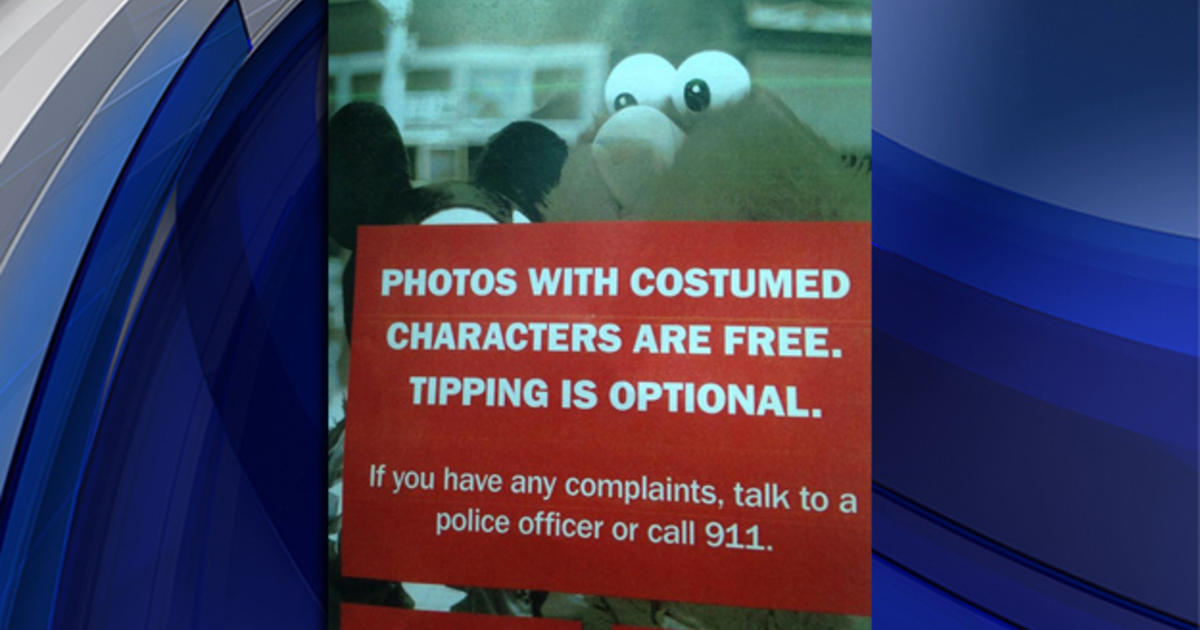52 U.S. Code § 20511 - Criminal penalties
A person, including an election official, who in any election for Federal office—
-(1)knowingly and willfully intimidates, threatens, or coerces, or attempts to intimidate, threaten, or coerce, any person for—
(A)
registering to vote, or voting, or attempting to register or vote;
(B)
urging or aiding any person to register to vote, to vote, or to attempt to register or vote; or
(C)
exercising any right under this chapter; or
-(2)knowingly and willfully deprives, defrauds, or attempts to deprive or defraud the residents of a State of a fair and impartially conducted electionprocess, by—
(A)
the procurement or submission of voter registration applications that are known by the person to be materially false, fictitious, or fraudulent under the laws of the State in which the election is held; or
(B)
the procurement, casting, or tabulation of ballots that are known by the person to be materially false, fictitious, or fraudulent under the laws of the State in which the election is held,
shall be fined in accordance with title 18 (which fines shall be paid into the general fund of the Treasury, miscellaneous receipts (pursuant to section 3302 of title 31), notwithstanding any other law), or imprisoned not more than 5 years, or both.
(Pub. L. 103–31, § 12, May 20, 1993, 107 Stat. 88.)



